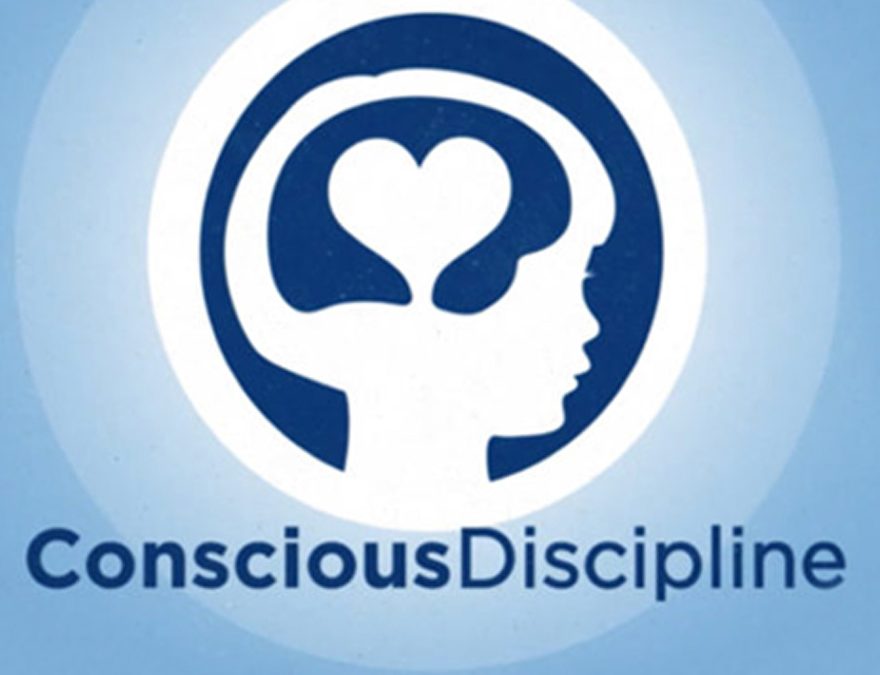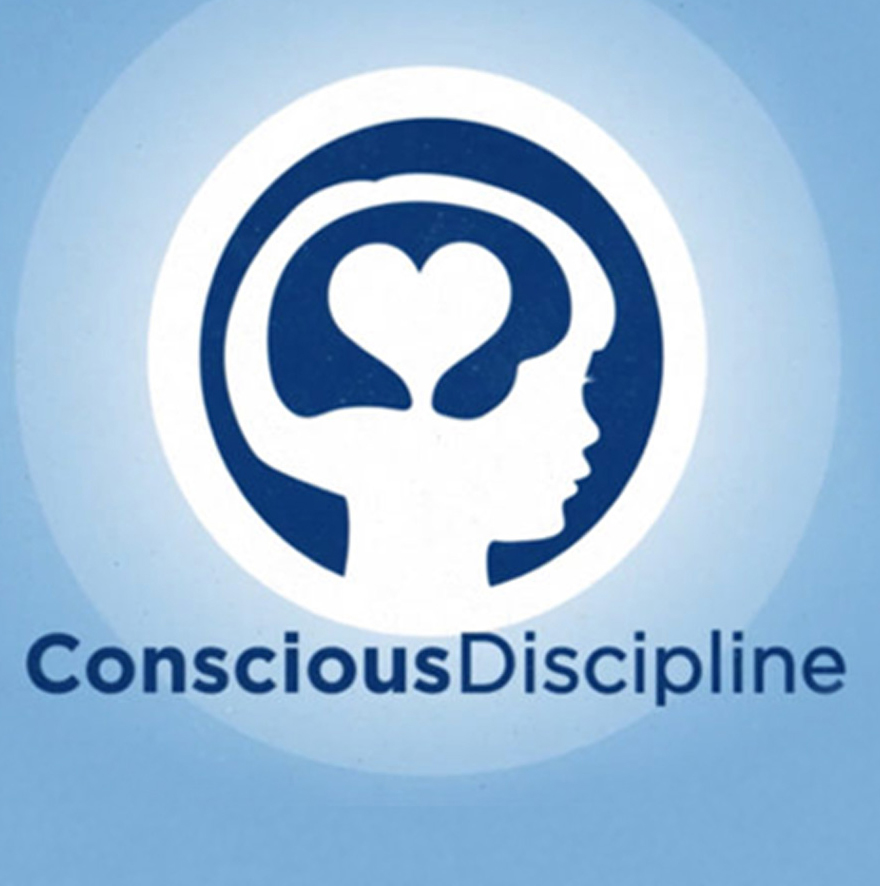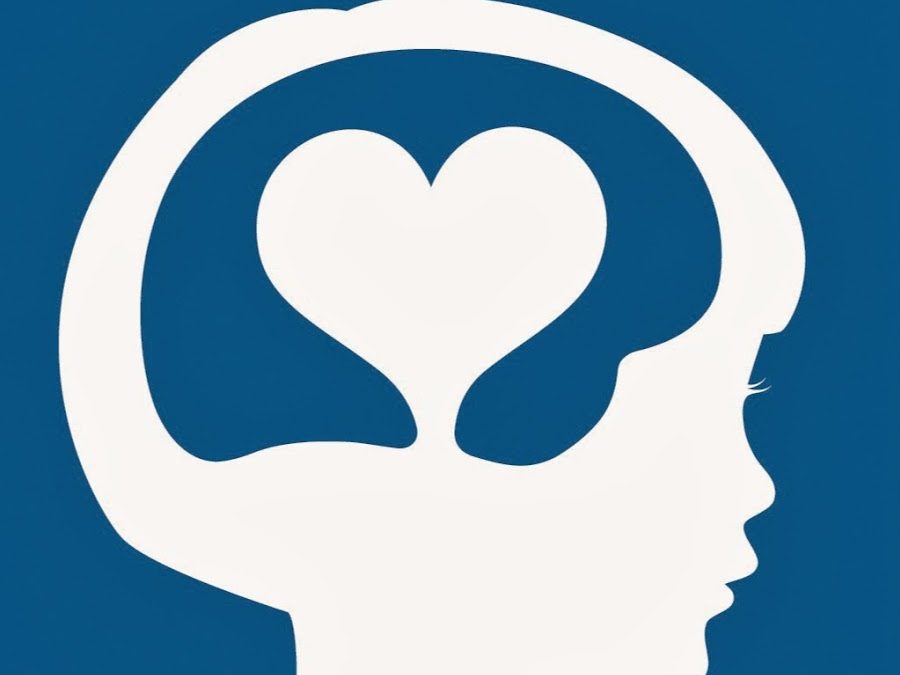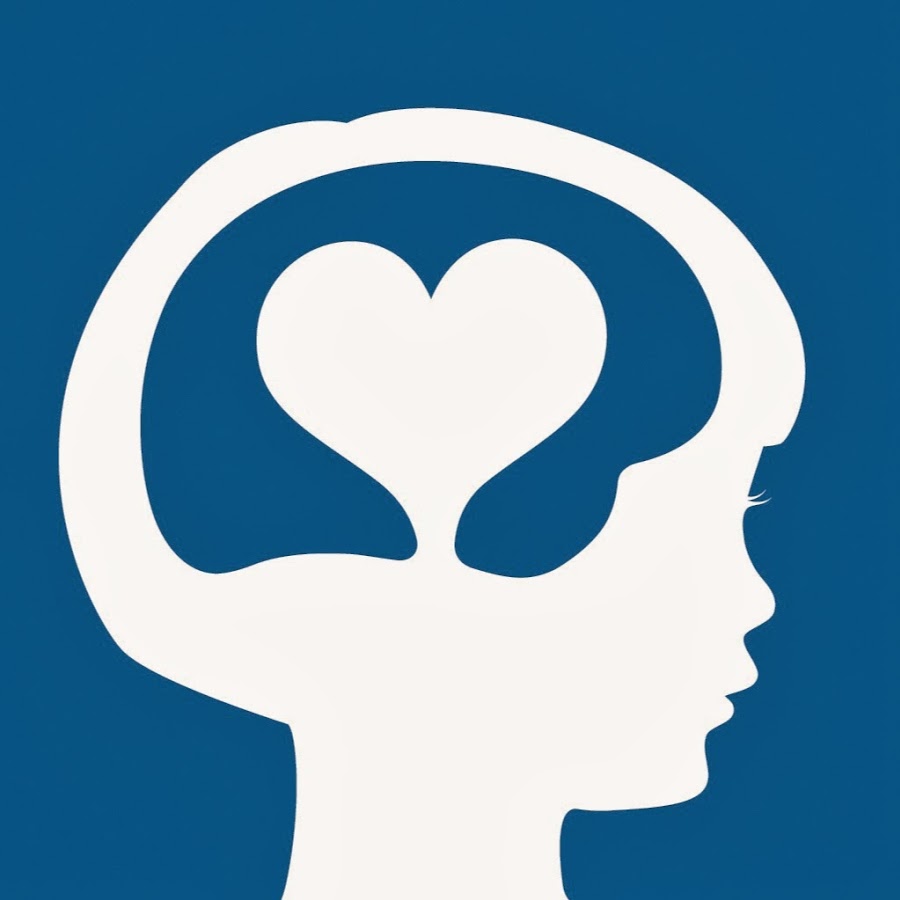
Conscious Discipline

Conscious Discipline is a program that fosters a fundamental shift in thinking that empowers adults and children to be the change they want to see in the world. It is an evidence-based, trauma-informed approach that provides an array of behavior management strategies and classroom structures that teachers can use to turn everyday situations into learning opportunities.
This resource supports:
- teachers
- administrators
- mental health professionals
- parents
Based on four essential components:
- Conscious Discipline Brain State Model
The Conscious Discipline Brain State Model recognizes three basic brain / body / mind states likely to produce certain behaviors. Intentional, state-specific responses enable access to advanced skills.
- Seven Powers for Conscious Adults
The seven powers create a shift in the way adults see conflict so we can maintain composure and consciously respond to difficult situations. Adults’ ability to self-regulate is the precursor to teaching children social-emotional skills.
- Creating the School Family
The School Family increases connections between adults and children at all levels, ensuring optimal development and learning for all. A School Family culture is built through consistent modeling of routines, rituals and structures.
- Seven Skills of Discipline
These seven skills transform everyday discipline issues into teachable moments, equipping children with the social-emotional and communication skills needed to manage themselves, resolve conflict and develop healthy behavior.
There are some free resources, articles, podcasts and webinars available. You can also pay for resources, online courses and workshops.

